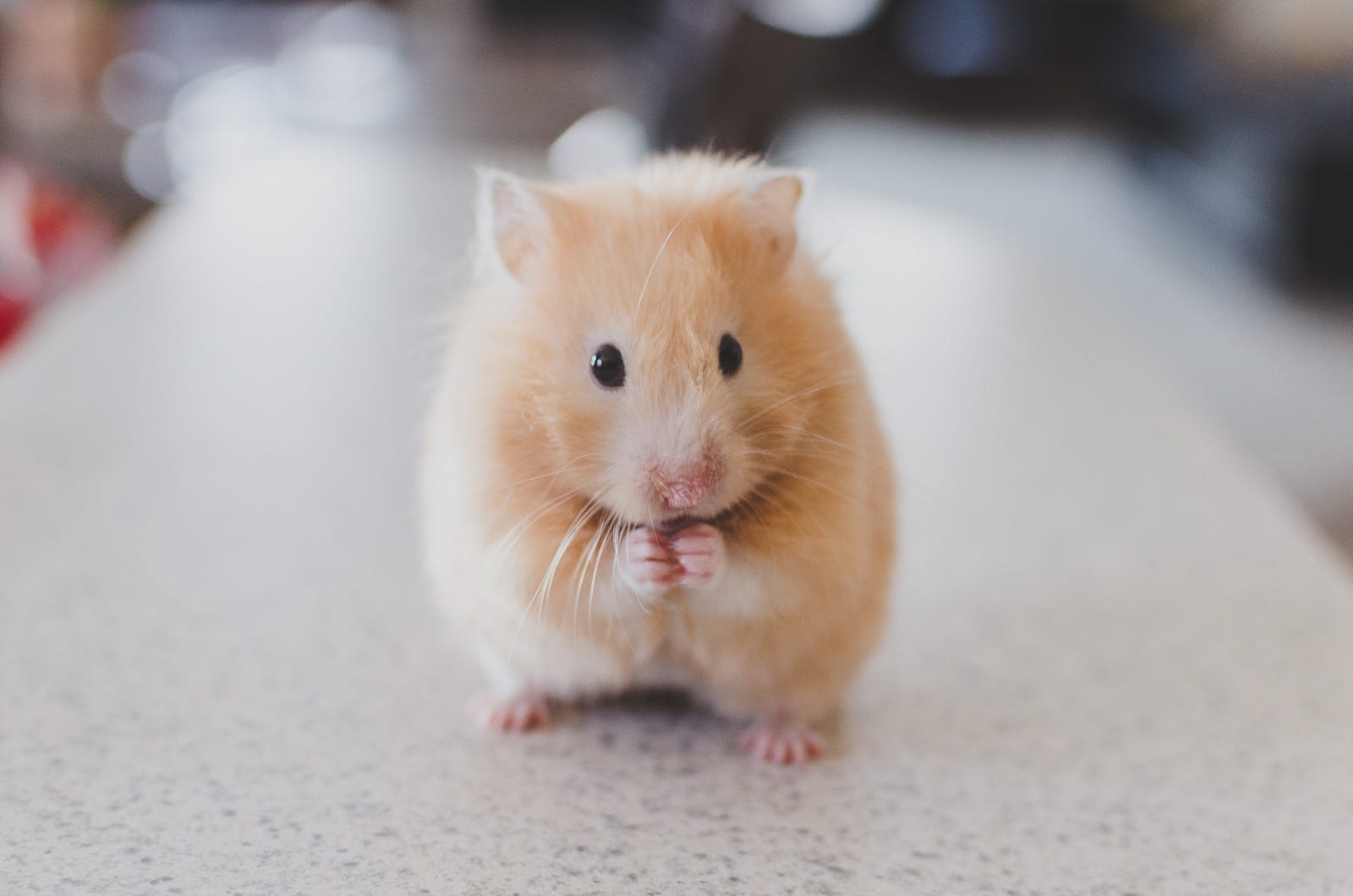IS GUT HEALTH A DRIVING FORCE BEHIND A PERSON’S motivation — or lack thereof — to exercise? New mice findings from the University of Pennsylvania (USA) suggest that the gut microbiome may help regulate exercise desire. Today we look at gut health and exercise motivation.
Of course, this study is in mice, so the applicability of the results to humans is still being determined. If the findings are confirmed in human studies, they might explain why half of Americans don’t get the recommended amount of physical activity.
As a doctor, I hear plenty of excuses — no time, energy, or interest. But maybe the fault lies with the trillions of microbes in their gut.
“A bear, however hard he tries, grows tubby without exercise.”
― A.A. Milne, Winnie-the-Pooh
What is the microbiome?
The National Human Genome Research Institute (USA) defines the microbiome in this way:
“The microbiome is the microorganism community (including fungi, bacteria, and viruses) in an environment. In humans, “microbiome” is often used to describe the microorganisms living in or on a particular body part, such as the skin or gastrointestinal tract. These groups of microorganisms are dynamic and change in response to various environmental factors, such as exercise, diet, medication, and other exposures.”
Optimize Health Through Your Gut
How exercise influences your gut microbiome.medium.com
Recent technological advancements and expanded attention have facilitated tremendous growth in knowledge about the human microbiome. There is much interest in researching microbiota changes associated with diseased states, often called dysbiosis.
Here are some conditions that appear to be associated with the microbiome:
- Cardiovascular disease
- Irritable bowel syndrome
- Clostridium difficile infection
- Inflammatory bowel disease
- Depression
- Diabetes
- Obesity
Gut health and exercise motivation
The University of Pennsylvania researchers recently asked this question: Could gut health be behind a person’s motivation — or lack thereof — to exercise?

The scientists analyzed why some lab mice love their exercise wheel while others mostly ignore it.
First, researchers used a machine-learning algorithm to look for biological traits that might explain physical activity differences among mice. The results surprised the researchers:
Genetics had little influence on exercise motivation; differences in gut bacteria appeared to matter more.
Second, the researchers gave mice broad-spectrum antibiotics, resulting in the death of their gut bacteria. The distance the mice could run dropped in half. When off the antibiotics, the mice mostly regained their pre-antibiotic performance levels.
My take — Gut health and exercise motivation
The gut might help explain why only about one in four (24 percent) American adults meet the physical activity guidelines for aerobic and muscle-strengthening activities. The percentages of men and women who meet the guidelines decrease with age.
The mice study findings are fascinating. I look forward to human studies examining the gut and exercise motivation connection.
The information I provided in this blog is for educational purposes only and does not substitute for professional medical advice. Please consult a medical professional or healthcare provider if you seek medical advice, diagnoses, or treatment. I am not liable for risks or issues associated with using or acting upon the information in this blog.
Thank you for reading “Gut Health and Exercise Motivation.” – Dr. Michael Hunter
























